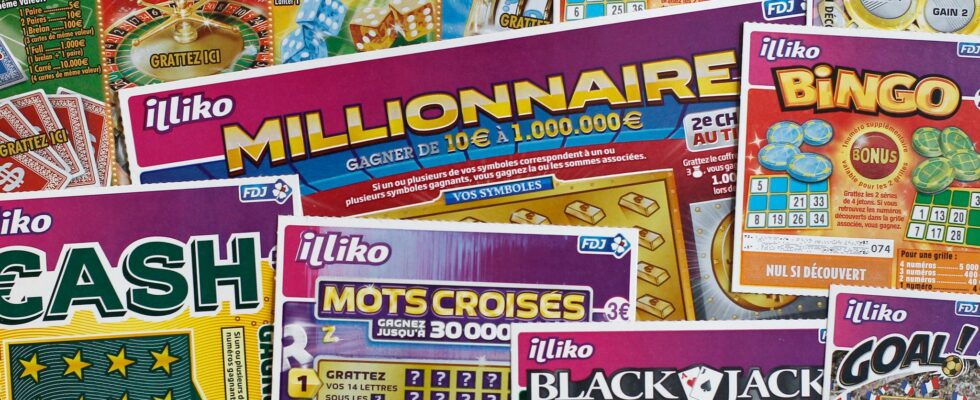Great, the debate on privatizations is coming back! Until a group of well-inspired deputies – Olivia Grégoire, Gérald Darmanin, Mathieu Lefèvre, etc. – proposed that the State cede a certain number of its holdings, the contribution of parliamentarians to the budgetary debate was limited to wanting to increase the taxes wherever possible, and to tax the few things which, in our country, were not yet taxed.
The Finance Commission led by the rebel Eric Coquerel has particularly distinguished itself in this tax madness which, if we do not stop it, will only end when the last French company has gone out of business. Let’s not be unfair: this fever has hit the center and the right almost as much as the left.
Proof that there is a common denominator among the political class: poor knowledge of how businesses operate. Profits and dividends are not seen as the source of investments and jobs, but as weeds to be eradicated. When a deputy like Philippe Juvin (LR) points out that, in the country which holds the world record for public spending, Parliament could devote its energy to seeking savings, he is seen as a troublemaker who has come to spoil the taxing orgy .
A portfolio of 180 billion
What joy, then, to read in La Tribune Sunday MPs who show a little imagination and who relaunch a legitimate debate. Let us remember, however, that the State holds a portfolio of company shares equivalent to 180 billion euros, mainly unlisted securities. We could very easily sell between 10 and 20 billion euros of these securities, which would make it possible, for example, to avoid tax increases on businesses.
What are the counter-arguments? First, these stake sales would only generate income for the 2025 financial year, while our public deficit is structural. This is correct, but the Prime Minister himself presented the tax increases as temporary. Nobody believes it, and rightly so. These tax increases, which reach 30 billion euros, a fiscal shock equivalent to that of François Hollande and Jean-Marc Ayrault in 2013, will affect our growth and leave lasting marks on our attractiveness. So, which is better? Provide the State with a temporary financial supplement for the 2025 financial year but without negative impact, or implement a policy that is harmful to our economy?
We also hear that the time to sell securities would not be appropriate because the CAC 40 is far from its highs of last spring. Either. But if we take a step back ten years, the stock market is at a very high level and it is not very difficult to choose the securities which present the most attractive valuations.
“Family jewels” that are not
The last argument is the most interesting: it would not be relevant to sell “family jewels”, which are part of the “national heritage” and which, incidentally, pay dividends to the State – from 2 to 3 billion euros per year in recent years. These expressions, “family jewels” or “national heritage”, sound good to the ear but they have absolutely no meaning. We would like to know what the State is doing with the capital of Française des jeux, Stellantis, Renault, Orange, Dexia or Air France-KLM. When he sits on the board of directors of this type of company, he becomes the great authorizer of contradictory injunctions: the company which is unlucky enough to have public power in its capital must maximize its profits to pay it dividends, spend more to buy social peace and expand internationally to serve the prestige of France.
These participations regularly turn into a nightmare for the companies concerned, as well as for the representatives of the State to whom everyone turns at the first malfunction. In truth, they present no strategic interest, neither for one nor the other, and they only have a marginal financial interest. If our country were less statist and more daring, the public authorities could even leave public services like gas to the private sector. In many countries, we do not confuse “public service” and “public sector”: private companies can provide public service delegation. Often, they do it very well.
.
